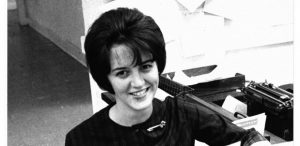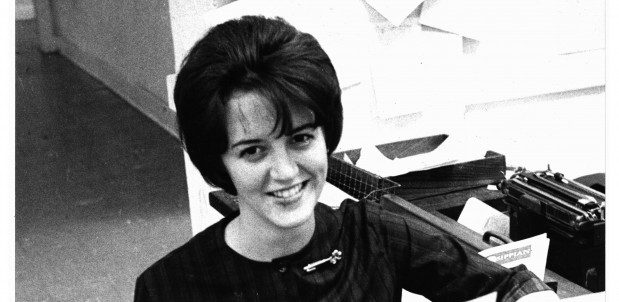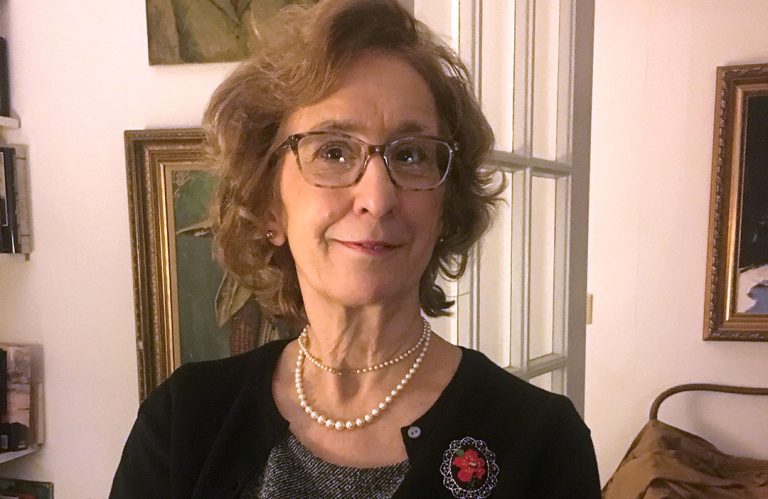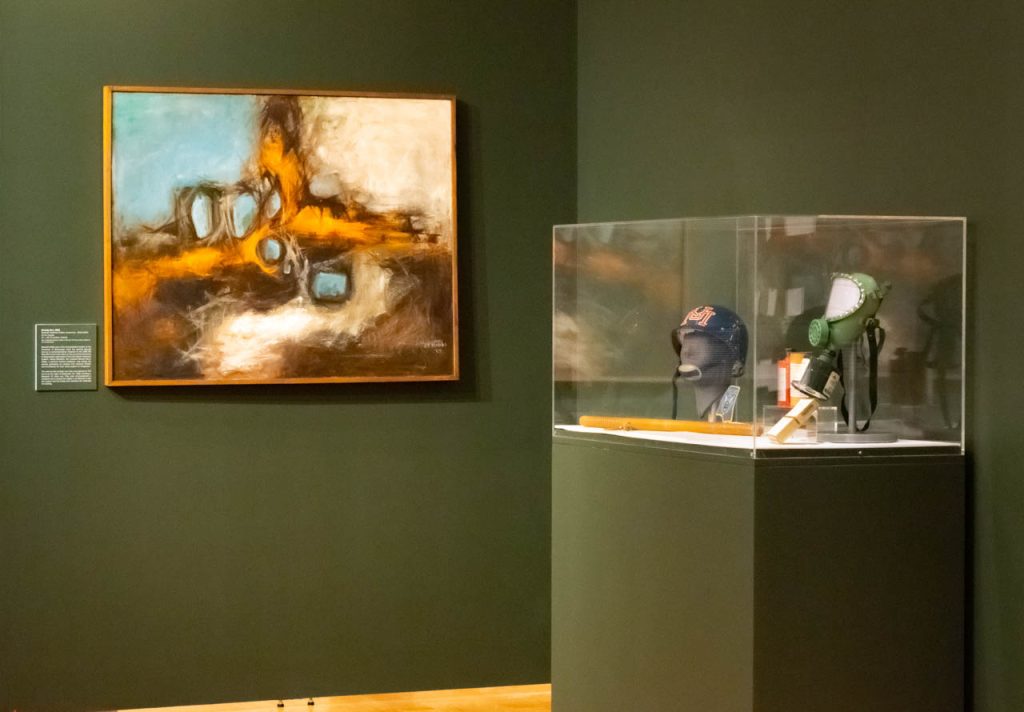
There is perhaps no greater test of skill and perseverance than trial by fire.
Most students who come to college with a career in mind use these four years to dip their toes in the water, doing whatever they can to get an idea of what their work will look like in the years after they graduate.
Students on the pre-med track shadow doctors in the area. It’s difficult to find a public policy leadership major who isn’t part of the school’s student-governing organization, the Associated Student Body. And students in the School of Journalism and New Media usually find themselves working in the student media center.
By nature, journalism is preparing content to be broadcast. For more than a century, the University of Mississippi’s independent student-run newspaper, The Daily Mississippian (formerly The Mississippian), has published student content to be read by the masses.
While the majority of these stories only have significance within the sphere of the university, there are moments when what is happening on UM’s campus has an impact and importance far beyond the walls of this university. There is no better example of this than The Mississippian’s coverage of the 1962 integration riots.
Sidna Brower Mitchell had just stepped into the editor-in-chief position in the fall of 1962, and in the beginning, her chief concern was keeping The Mississippian financially viable.
“I had been told that I had to get the newspaper in the black, or we’d have to go back to being a weekly paper. So we were really concerned with getting the advertisement circulation up,” she said recently to the DM.
As the weeks drew on, it was clear — at least in hindsight — that what had been brewing for the better part of a year was about to boil over into a catastrophe.
“We knew that there was talk over the summer about a Black man entering the university. The administration, once school started, would have almost daily briefings on whether James Meredith was going to be enrolled or whether the governor or the lieutenant governor had pushed back,” Brower Mitchell said.
But at the time, Brower Mitchell described the student body as being more concerned with other university happenings.
“There would be students who would gather outside the Lyceum to wait and hear what was happening, but I think for the most part, you know — it was right after rush. We had a No. 1 football team in those days. I think for most students, that’s what was on their mind,” she said.
When it became obvious that neither the university nor the state’s government could stand in the way of integration any longer, reporters from across the world flooded into Oxford where it was clear that a pivotal moment in civil rights history — and history overall — was taking place. As chaos began to descend, Brower Mitchell describes meeting with other university leaders to figure out ways to keep the peace.
“Jan Humber, who was my managing editor at that point, was the one assigned to cover the news angle of what was happening. I met with some student leaders in what was then the student union building, which was near the Lyceum. We were trying to figure out ways to keep calm in the university — part of that was to have a special issue of The Mississippian,” she said.
The meeting was broken up when the U.S. Marshals started firing tear gas to dispel the mob of protesters that had gathered nearby. Brower Mitchell describes almost being hit by a Molotov cocktail on her way to the journalism building to write the editorial and publish the special issue.
“Remember — in those days as a female, I had to be back in my sorority house or a dormitory by 11 p.m., so I had not just a deadline, but a timeline,” Brower Mitchell said.
As part of the special issue, Brower Mitchell penned an editorial titled “Violence will not help” that would earn her a nomination for a Pulitzer Prize — despite receiving condemnation from many for her words.
“I was basically saying, ‘Don’t riot boys,’ because this was a battle that had been fought 100 years ago, and the United States won. So don’t fight it over again. Plus, it was so political on a federal level and on a state level. And we were there to get an education — as a university, people should be able to say what they wanted and associate with who they wanted without fear of retribution,” she said.
Despite the controversy that ensued, Brower Mitchell and the rest of The Mississippian staff cemented their role in the integration of the university on the right side of history.
In a letter to Brower Mitchell dated January 24, 1963, Chancellor J.D. Williams praised The Mississippian’s stellar coverage.
“I am sure few editors of a college newspaper have ever had a year of news to cover as you have,” he said. “You have done an outstanding job and have brought worthwhile recognition to the university.”
















